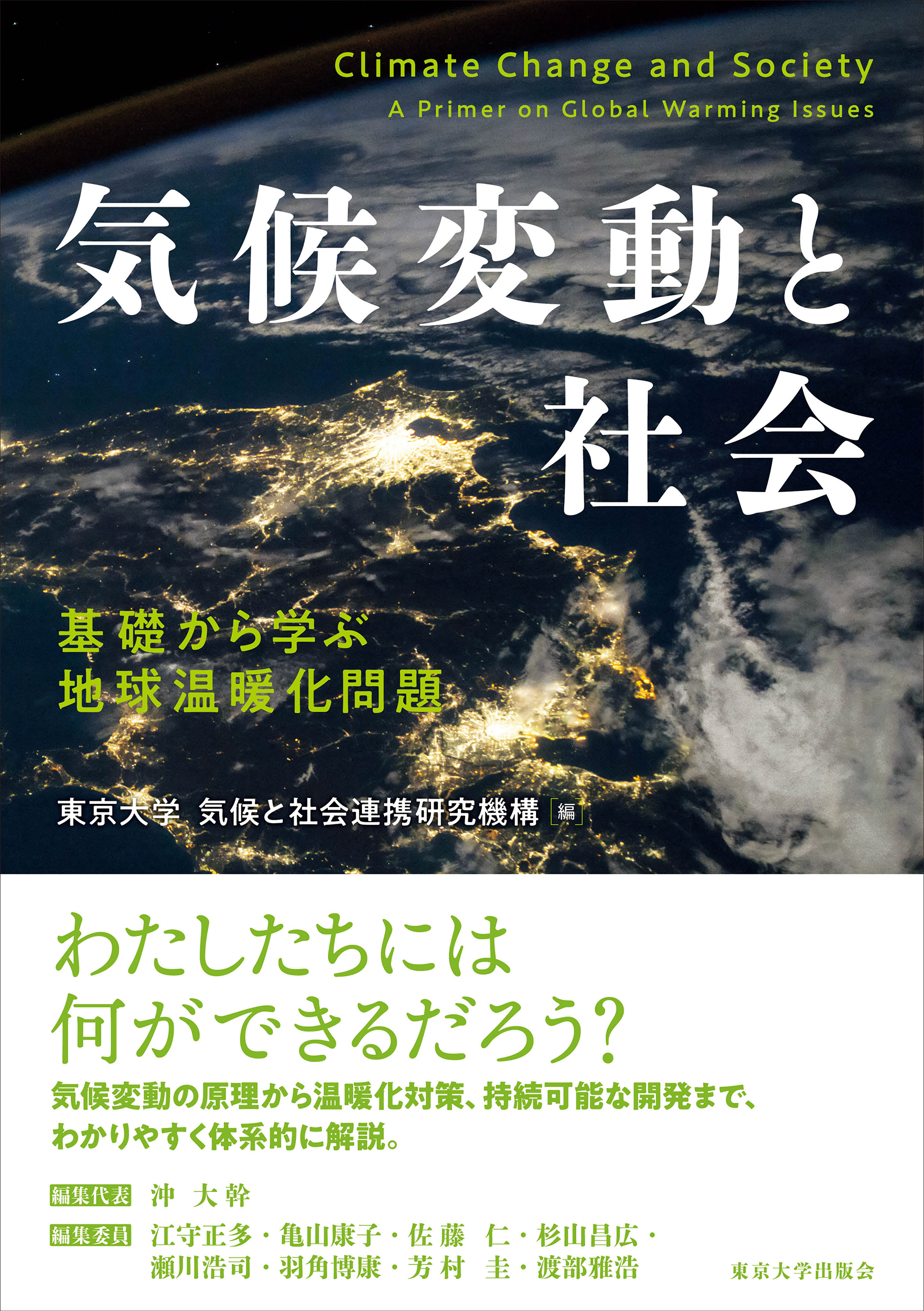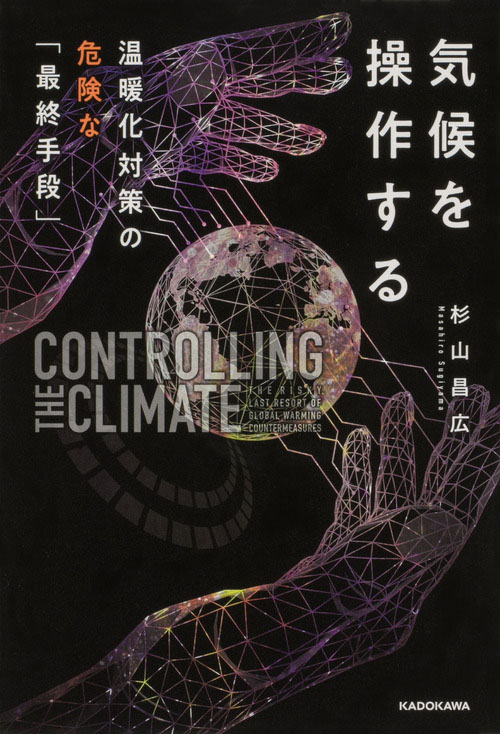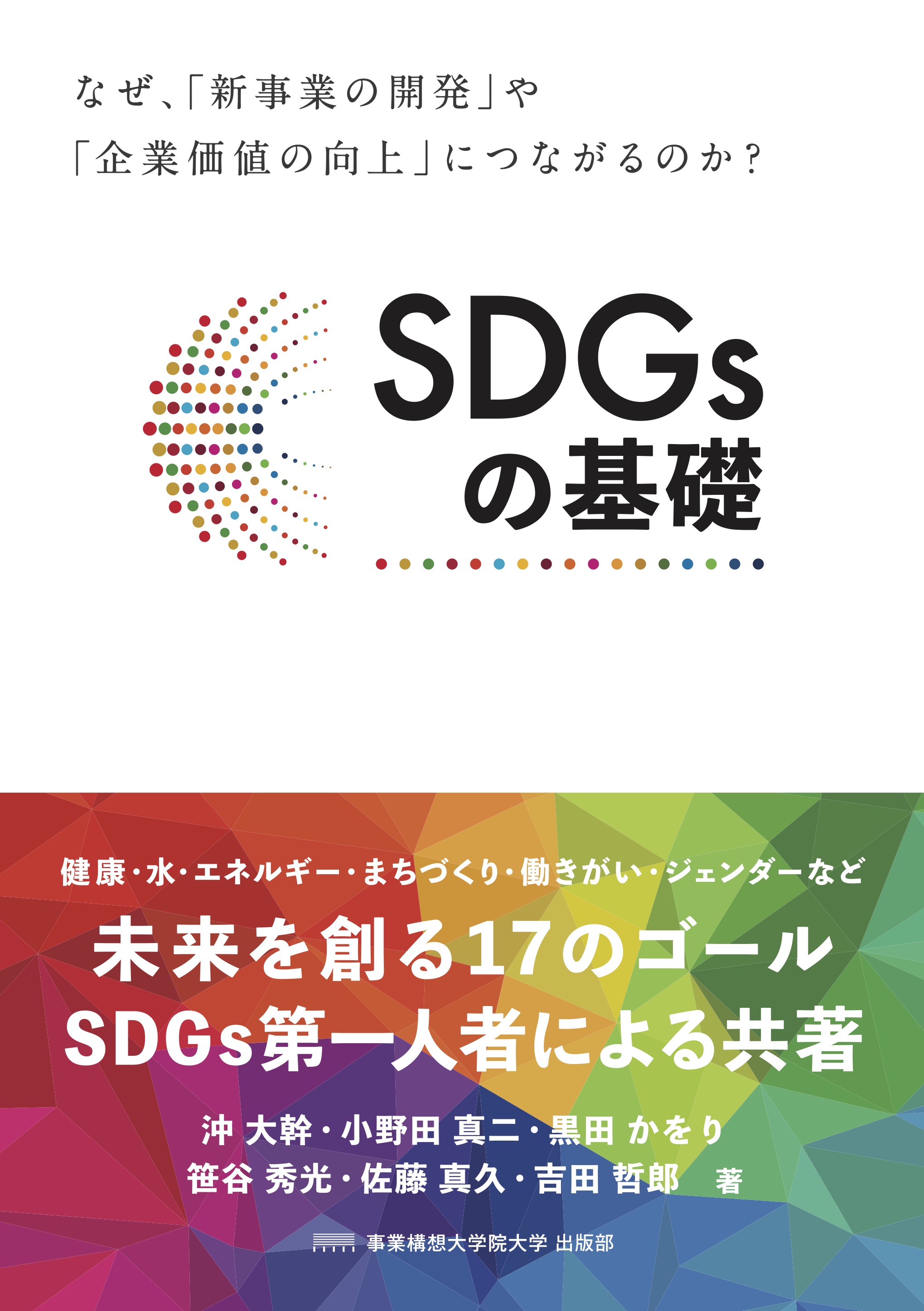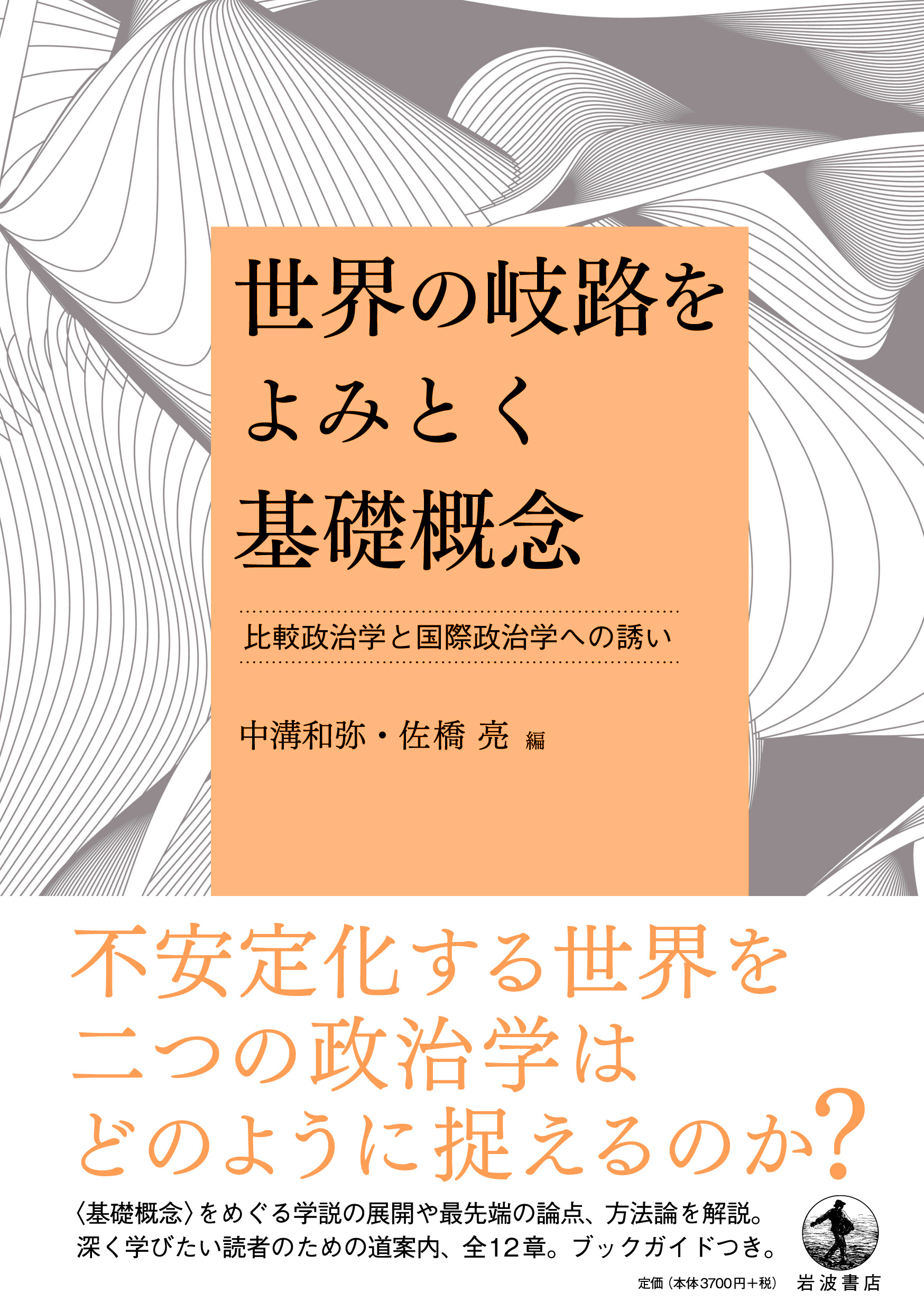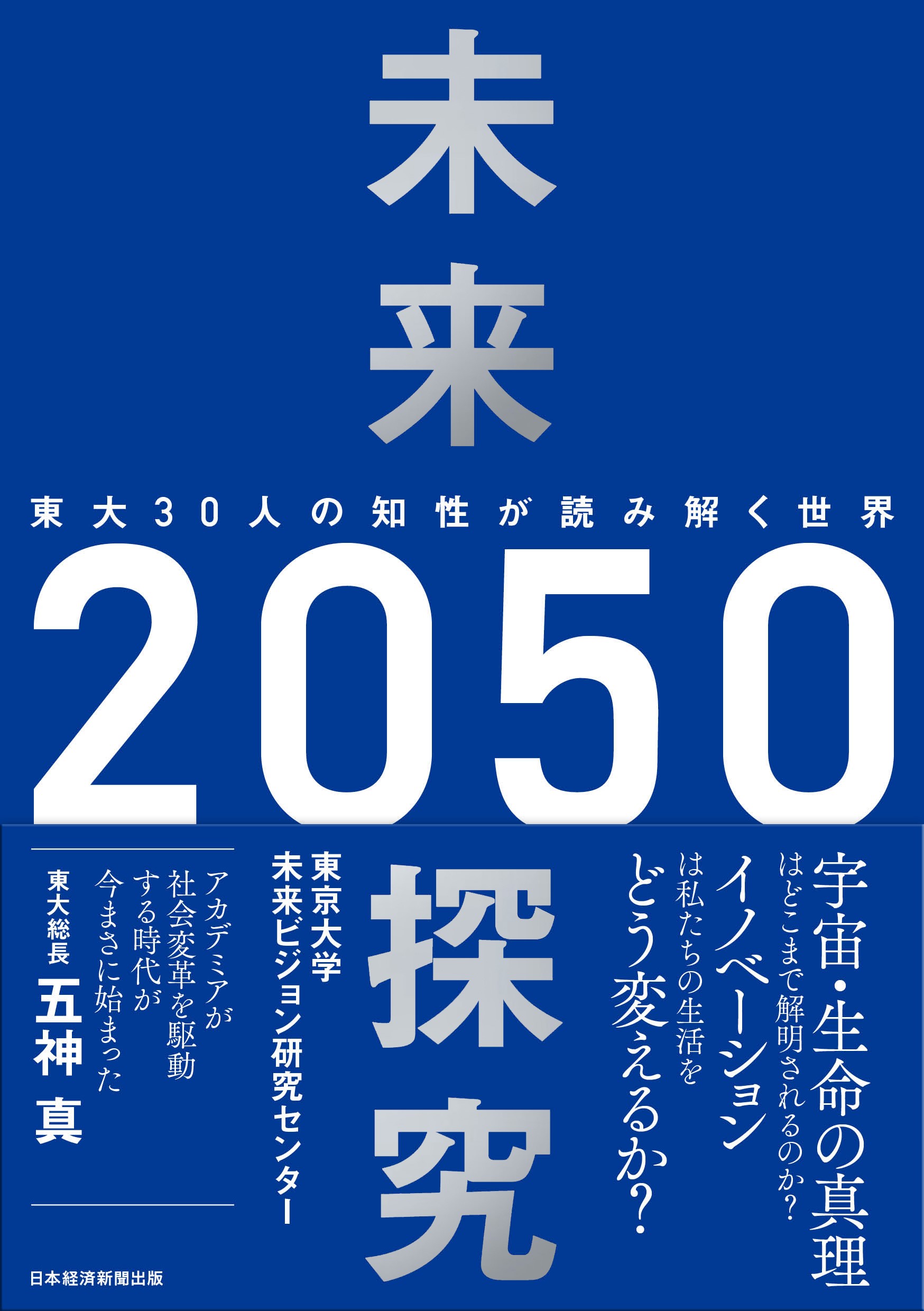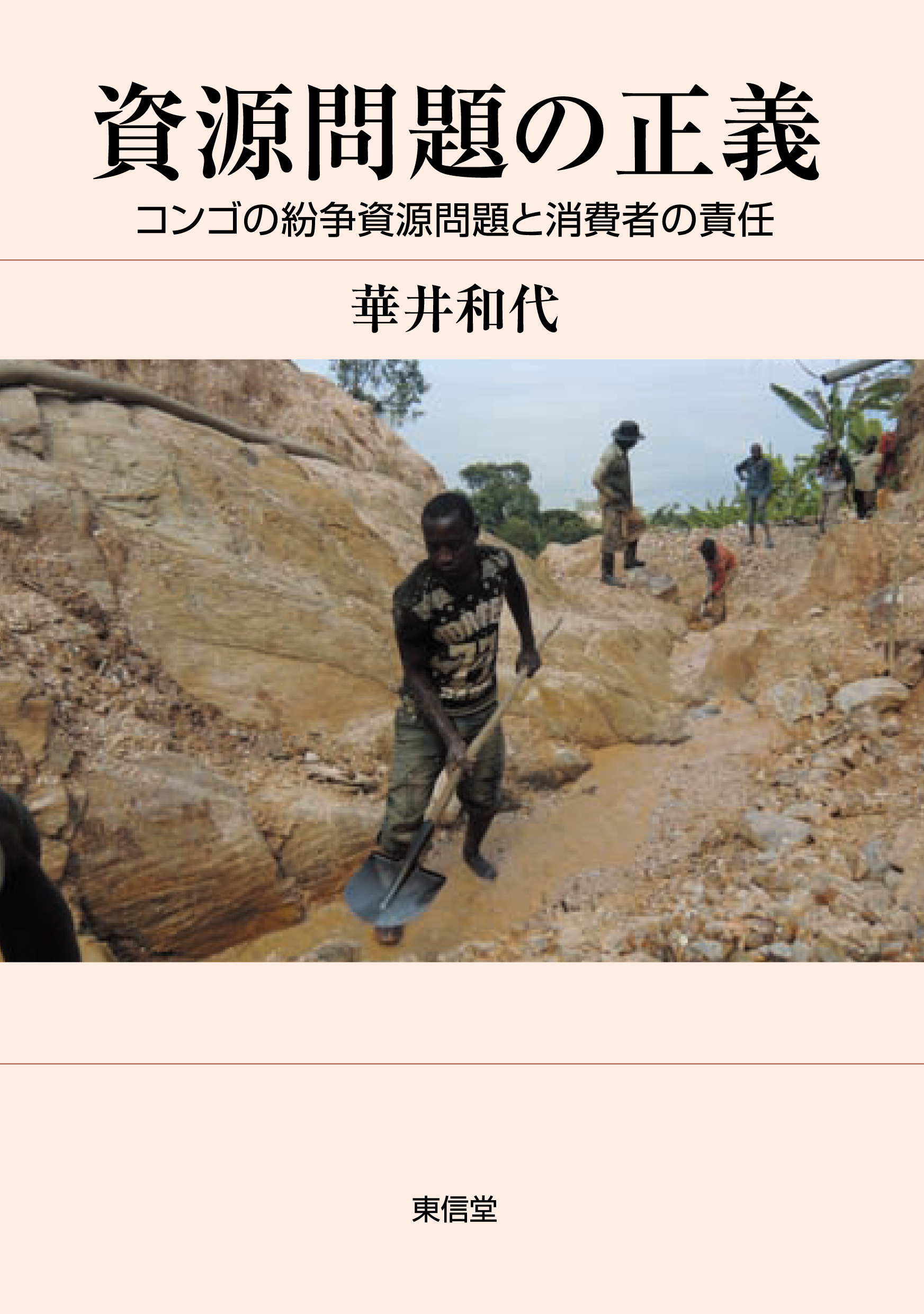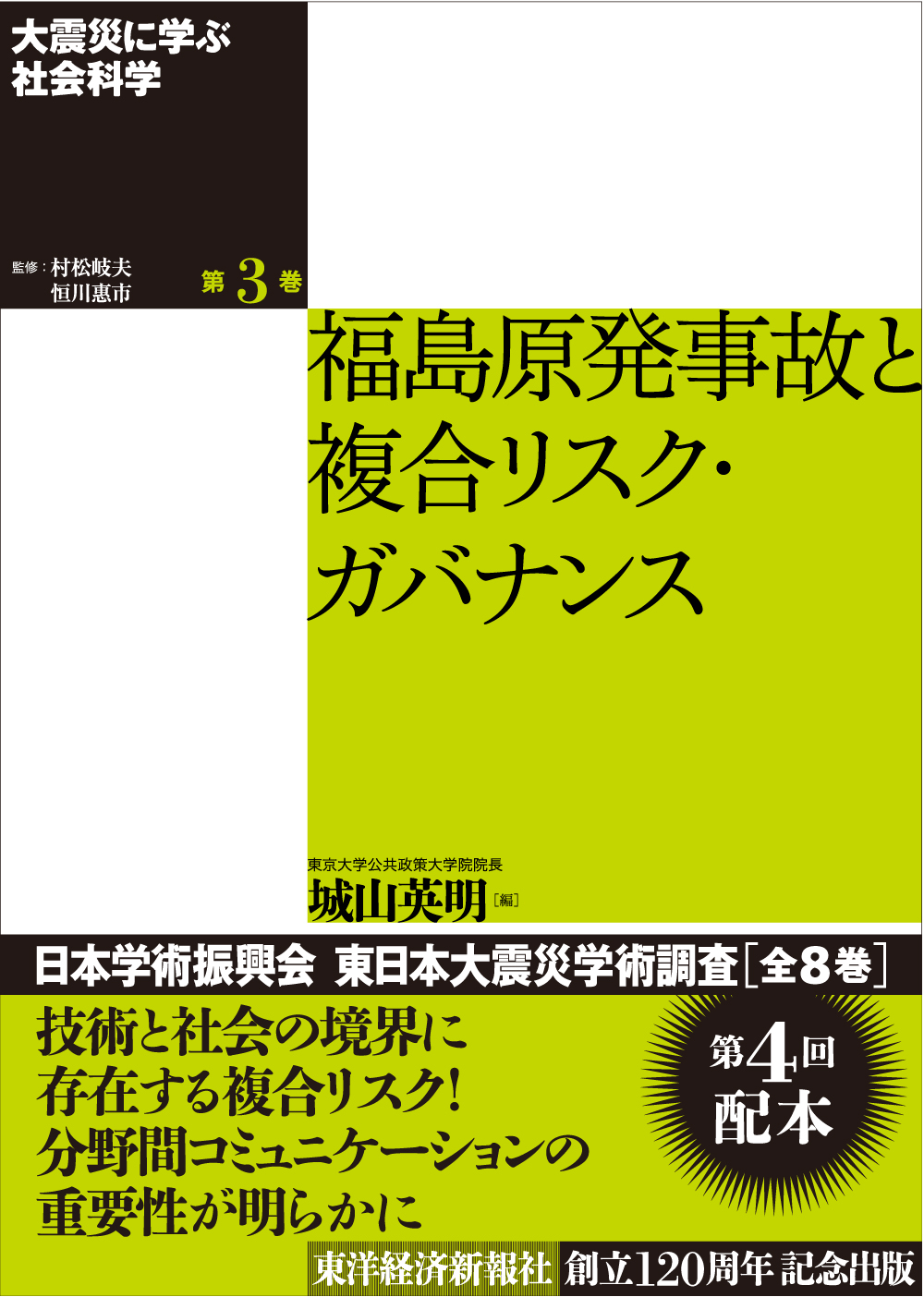
Title
Kikō-hendō wa Shakai o Fuanteika Saseruka (Does Climate Change Destabilize Society? - The dynamics of international politics on water resources)
Size
312 pages, A5 format
Language
Japanese
Released
November, 2022
ISBN
978-4-535-54032-3
Published by
Nippon Hyoron sha co., Ltd.
See Book Availability at Library
Japanese Page
Extreme weather events, such as floods, droughts, typhoons, and heat waves are increasing in scale and frequency, threatening people’s lives. Accordingly, there are concerns that the impact of climate change may destabilize society and lead to armed conflict. However, degradation of the natural environment is not necessarily a direct cause of conflict. On the one hand, the competition to monopolize resources and the political desire to exploit responses to extreme weather conditions lead to social instability. On the other hand, mitigation and adaptation by the state and grassroots communities can reduce the impact and restore social stability. If so, what kind of stress does the natural impact of climate change cause in society and politics, and what processes lead to social instability, competition for resources, state upheaval, armed conflict, refugee and migrant outflow, and other phenomena?
This volume is the result of the three-year research project titled“The Nexus of International Politics on Climate Change and Water Resources: From the Perspectives of Security and the SDGs.” It was supported by a Grant-in-Aid for Scientific Research and the Mitsubishi Foundation. Fourteen researchers, led by international political scientists Kiichi Fujiwara and Chiharu Takenaka, engaged in a discussion that focused on the political dynamics surrounding climate change.
Part 1 presents the political debates between countries and the international community necessary to tackle the challenges of climate change (Chapters 1 and 3). It also introduces a multicentric approach to climate change responses that involves numerous actors, including governments, NGOs, expert groups, and private companies (Chapter 2). Furthermore, it explores advanced climate change responses, such as climate change risk assessments in the UK and Singapore, as part of future visions (Chapter 4) and climate engineering discussing the applications of solar radiation modification to lower the Earth’s surface temperature through technology (Chapter 5).
Part 2 explores geographical distributions of water disputes by comparing relevant databases (Chapter 6) and describes the processes by which changes in water resource management due to climate change exacerbate existing conflicts and inequalities in Israel and Palestine (Chapter 7), in the Sahel region of Africa (Chapter 8), in Jammu and Kashmir in India (Chapter 10), and along the Sino-Indian border (Chapter 11). Moreover, it depicts the processes whereby water resources security and disaster responses are politicized in Metro Manila in the Philippines when facing water shortages (Chapter 9) and in the flood-hit state of Bihar in India (Chapter 12). Finally, based on Dr. Tetsu Nakamura’s activities, who continuously worked with people in drought-stricken Afghanistan, it shows how development assistance and peacebuilding can mitigate the effects of climate change (Chapter 13).
This volume is unique in that it is written by researchers of international politics and global governance as well as area studies researchers from Asia, Africa, and Central and South America. While capturing what phenomena and debates are caused by climate change in each research field, it additionally highlights the importance of discussing the impact of climate change from perspectives that are rooted in the communities. The authors have a shared concern in wanting to clarify the relationship between climate change and politics. Especially in Part 2, we use concrete examples to depict the political processes by which changes in the natural environment due to climate change leads to interpersonal conflicts. It is our hope that by reading these worldwide examples, you will be able to see the depiction of both commonalities that transcend individual regions and regional peculiarities. We hope that this book will contribute toward stimulating the Japanese and international debate on climate change politics.
(Written by HANAI Kazuyo, Project Assistant Professor, Institute for Future Initiatives / 2023)
Related Info
https://ifi.u-tokyo.ac.jp/en/projects/pol/



 Find a book
Find a book


